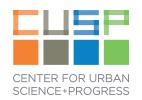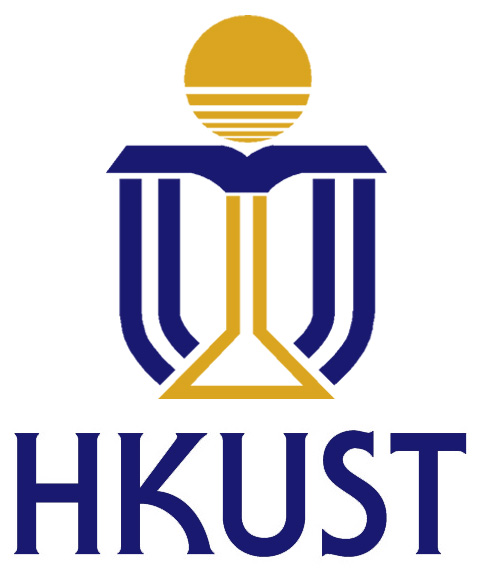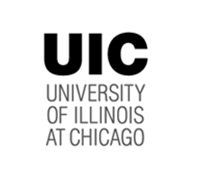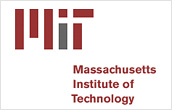The 4th International Workshop on Urban Computing (UrbComp 2015)August 10, 2015, Sydney, AustraliaHeld in conjunction with the 21th ACM SIGKDD 2015Hilton Sydney, 488 George Street, Sydney, NSW 2000, Sydney |
Important Dates
Chairs
|
Aims and ScopeUrbanization’s rapid progress has modernized people’s lives but also engendered big challenges, such as air pollution, increased energy consumption and traffic congestion. Tackling these challenges can seem nearly impossible years ago given the complex and dynamic settings of cities. Nowadays, sensing technologies and large-scale computing infrastructures have produced a variety of big data in urban spaces, e.g. human mobility, air quality, traffic patterns, and geographical data. The big data implies rich knowledge about a city and can help tackle these challenges when used correctly. Urban computing [1] is a process of acquisition, integration, and analysis of big and heterogeneous data generated by a diversity of sources in urban spaces, such as sensors, devices, vehicles, buildings, and human, to tackle the major issues that cities face, e.g. air pollution, increased energy consumption and traffic congestion. Urban computing connects unobtrusive and ubiquitous sensing technologies, advanced data management and analytics models, and novel visualization methods, to create win-win-win solutions that improve urban environment, human life quality, and city operation systems. Urban computing also helps us understand the nature of urban phenomena and even predict the future of cities. Some representative projects and literatures can be found from this website. [1] Yu Zheng, Licia Capra, Ouri Wolfson, Hai Yang. Urban Computing: concepts, methodologies, and applications. ACM Trans. on Intelligent Systems and Technology. 2014 This workshop provides the professionals, researchers, and practitioners who are interested in sensing/mining/understanding urban data with a platform where they can discuss and share the state-of-the-art of urban computing development and applications, present their ideas and contributions, and set future directions in emerging innovative research for urban computing.
Topics of InterestTopics of interest include, but not limited to, the following aspects :
|






